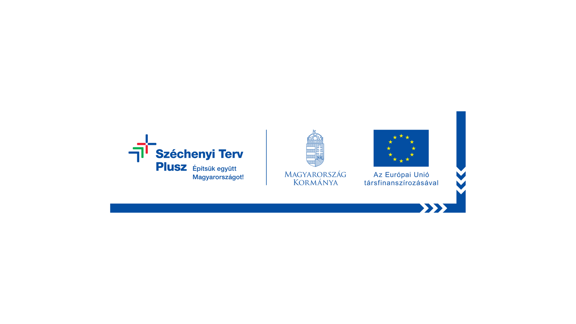Content on this website may not be accurately translated due to the limitations of the translation software from Google Translate. The official text is the English language version of the website. Any discrepancies or differences created in the translation are not binding and have no legal effect. If questions arise in relation to the accuracy of the information mentioned on the translated website, please refer to the English version of the website.
California Proposition 65

California Proposition 65, as also referred to as Prop65, which resulted in the Safe Drinking Water and Toxic Enforcement Act of 1986, was enacted in California as a ballot initiative in 1986. Under the law, the US state of California maintains a list of chemicals that meet the state’s definition of chemicals known to cause cancer, birth defects, or reproductive harm. These chemicals could be in the products that can be purchased in California, in people’s homes or workplaces, or that are released into the environment; companies are to assess exposure. The Prop65 list is updated at least once a year and has grown to include approximately 900 chemicals since it was first published in 1987. Businesses are required to provide a "clear and reasonable" warning before knowingly and intentionally exposing anyone in California to a listed chemical at a level that poses the risk of such harm. By requiring that this information be provided, Proposition 65 enables Californians to make informed decisions about their exposure to these chemicals.
If a warning is placed on a product label, the business issuing the warning is aware or believes that it is exposing individuals to one or more listed chemicals. However, a business can, in accordance with the legislation, make a plea to not have to place a warning on the product label or print if a determination of no significant risk and no observable effects has been acknowledged. The California implementing office OEHHA provides “safe harbor” levels for many of these chemicals to determine whether a warning is necessary. At the same time, businesses can also make their own determinations if such a safe harbor level is not available in the regulation. If a notification is required, it is enforced under this legislation.
Trivium Packaging is a leading supplier of innovative, value-added, rigid metal packaging solutions. Trivium’s products mainly include steel and aluminium containers primarily servicing end-use categories, including beauty and personal care, beverage, food, home care and industrial, nutrition, paints and coatings, pet food, pharmaceutical, seafood, vitamins, supplements and over-the-counter packaging. Trivium’s products can be sold to customers who potentially place their consumer products in many jurisdictions including California. Therefore, a team of product compliance experts supports the information provision to our customers.
The Product Stewardship and Sustainability team at Trivium Packaging provides product compliance information about any Proposition 65 chemicals in case they are present in our products. The regulation provides the requirements for the content and method of transmission for consumer product exposure warnings. The conditions also address occupational exposure warnings. Trivium does comply with federal Hazard Communication Standard (HCS) regulations and the amended California requirements state that a warning to employees meets the Prop 65 requirements if it fully complies with the HCS. If a California Proposition 65 substance is present in one of our products, we will provide the required information.
References:
Disclaimer
Trivium Packaging’s Product Stewardship and Sustainability team monitors the regulatory landscape continuously. The team maintains this article to enhance public knowledge on regulations related to rigid metal packaging solutions. Our goal is to keep this information timely and accurate. If errors are brought to our attention, we will try to correct them. However, Trivium Packaging accepts no responsibility or liability whatsoever with regard to the accuracy, currency or completeness of the information in this article.



